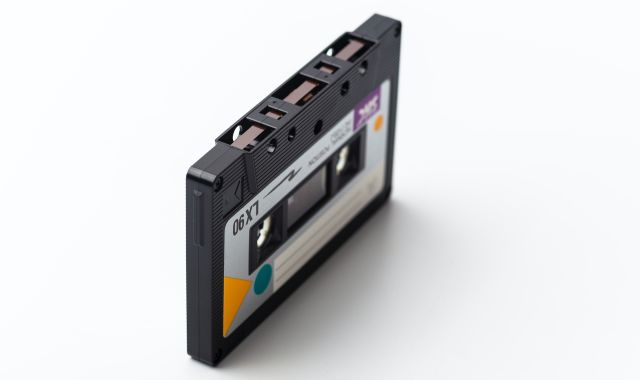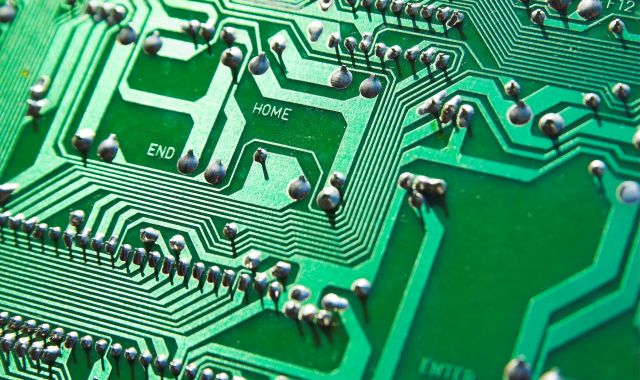
In the heart of Silicon Valley, a revolution is quietly unfolding. Picture this: A man waking up to his favorite tune, the drapes parting to let in the morning light, his coffee brewing in the kitchen, all before his feet touch the ground. A scene straight out of a futuristic movie? No, just an ordinary day in the life of a smart home.
From smart refrigerators that can inventory their contents and suggest recipes, to light bulbs that can be controlled remotely and adjust their brightness based on the time of day, the smart home revolution is transforming our living spaces into responsive environments that anticipate our needs.
One of the most interesting facets of this revolution is the smart thermostat. Nest, a company acquired by Google, has pioneered the use of artificial intelligence in thermostats. Nest Learning Thermostat goes beyond programmable thermostats’ feature of adhering to schedules set by users. It learns from your behavior, understands your comfort preferences, and adjusts the temperature accordingly. If you prefer a cooler temperature when you sleep, Nest adjusts the temperature lower at your usual bedtime. If you are away at work all day, it minimizes energy usage. It provides a detailed energy history allowing you to manage your energy consumption. All these are accessible over its app, giving you control even when you’re out.
While a smart thermostat is only a part of the smart home, it exemplifies the blend of convenience, efficiency, and control that smart home technology provides. Yet, the promise of a smart home revolution extends far beyond lifestyle convenience.
Consider the potential for healthcare applications. Imagine a smart bed that can monitor your vital signs and alert your doctor if they show cause for concern. Or a smart carpet that can track elderly individuals’ movements, notifying healthcare workers if it senses a fall.
The smart home revolution also holds significant promise for energy conservation. According to a study by the American Council for an Energy-Efficient Economy, widespread use of smart home technology could help reduce household energy usage by as much as 10%.
However, the smart home revolution is also fraught with challenges. Issues like data privacy and security, interoperability between different devices, or even the simple matter of technology literacy among users, all remain substantial hurdles.
Despite these challenges, the smart home revolution is not merely the future – it is happening now. As our homes become increasingly interconnected, we transition from passive inhabitants to active participants, from consumers of resources to stewards of our planet, from isolated beings to connected individuals. The smart home revolution is more than a technological advancement. It’s a shift in how we live, and it’s just getting started.









